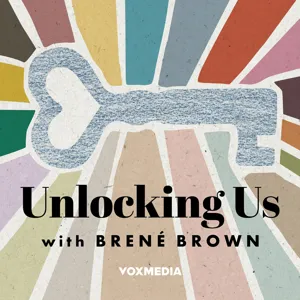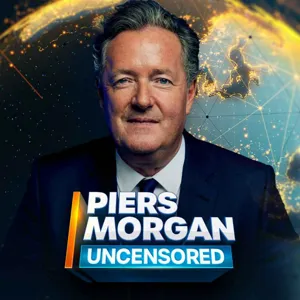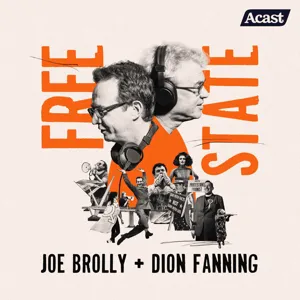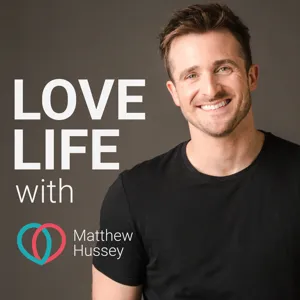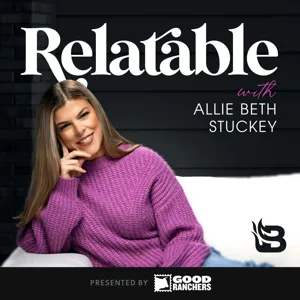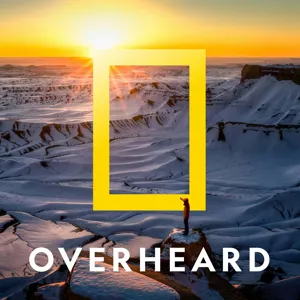In this episode, you’re going to learn that it is never too late to try to repair a broken or difficult relationship.
Research shows that estrangement is not only on the rise but that the majority of us have at least one extended family member or friend who is estranged.
I know this is true in my own extended family, and I also have friends who are estranged from their parents.
Whether you’re the person who’s cut off contact or you're the one wondering why someone you love did, our episode today will give you the language, tools, and context to start moving toward understanding and healing.
Dr. Joshua Coleman is a psychologist and best-selling author who works with families to repair broken bonds and help them reconcile and improve difficult or estranged relationships.
In fact, according to Dr. Coleman, the strategies he shares work, and the statistics are in your favor.
I hope you share this with anyone you know dealing with a difficult relationship. It is very common, especially after a divorce and when there is a new spouse or significant other.
When someone you love suddenly pulls away or cuts you out of their life, you need a playbook to help you know when to reach out and when not to reach out, and what exactly to say and not say.
Today you’ll learn:
- Why estrangement is on the rise.
- What some therapists do wrong that can make things worse.
- What to do if you’re the sibling caught in the middle.
- How to take responsibility, even if you don’t think you should.
- Early mistakes we make that can lead to estrangement.
- Early steps we can take to avoid estrangement.
- How long it takes to reconcile and where to even begin.
The pain of separation is real, but it doesn’t have to be forever.
Xo, Mel
In this episode, you’ll learn:
- 01:04: The silent epidemic that’s happening right now is estrangement.
- 02:10: What is estrangement?
- 04:42: How "cancel culture" is impacting relationships
- 09:07: The horrible advice for estrangement Dr. Coleman got in therapy.
- 12:24: What moving towards a child's trauma looks like
- 14:07: How do you know if someone has deliberately cut you out of their life?
- 16:32: The most common complaint adult children have for their parents
- 19:56: One of the most common pathways to estrangement
- 22:04: The most common mistakes estranged parents make
- 24:32: Why you cannot take things personally
- 26:35: Why radical acceptance is a required step in reconnecting
- 29:50: Let’s unpack why guilt doesn’t work.
- 35:20: What to do when reconciliation isn’t desired by the other person
- 36:32: What are the steps towards reconciliation?
- 39:07: Why Dr. Coleman says that parents have a moral obligation to take the high road
- 42:10: The silent treatment is wrong. Here’s why
- 47:15: When you should stop reaching out for reconciliation
- 49:30: What is an amends letter, and how should you write it?
- 56:18: How do you engage with someone who doesn’t want to engage with you?
Disclaimer

